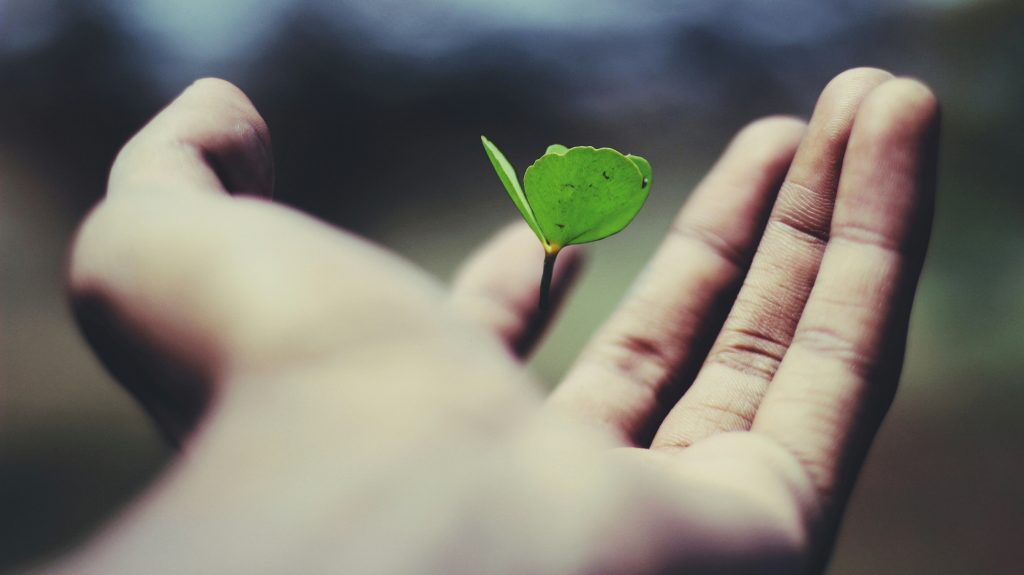Growing spiritually is a deeply personal journey that leads to a more meaningful connection with yourself, others, and a higher power. Whether you’re seeking inner peace, a sense of purpose, or simply aiming to live a more mindful life, nurturing your inner self is key. Here’s how you can cultivate a deeper sense of fulfillment and purpose:

Photo by name_ gravity on Unsplash
1. Cultivate Self-Awareness
- Reflect on your thoughts and emotions: Regular self-examination can reveal your beliefs and behaviors. Journaling is an excellent tool to track progress and uncover areas for improvement.
- Practice mindfulness: Staying present allows you to observe your thoughts without judgment, creating the space needed for growth.
- Meditation: A regular meditation practice connects you to your inner self, calms the mind, and fosters a sense of peace.
(This helps with your meditation. Click this.)
2. Establish a Daily Spiritual Practice
- Prayer: Engage in prayer or contemplation daily to express gratitude, seek guidance, and strengthen your connection with the divine. This practice keeps you grounded and centered.
- Meditation: Experiment with different forms of meditation like mindfulness or transcendental meditation to quiet the mind and deepen your awareness.
- Gratitude practice: Reflect on what you’re thankful for each day. Gratitude is a powerful tool for opening the heart to positivity.
3. Find Meaning and Purpose
- Contemplate your purpose: Discovering what gives you fulfillment often leads to a more profound sense of purpose. Ask yourself how you can make a positive impact on the world.
- Align your actions with your values: Consistently making decisions that reflect kindness, compassion, and integrity ensures you’re living in harmony with your beliefs.
4. See Challenges as Opportunities
- Embrace life’s difficulties: Every challenge presents a lesson. Rather than avoiding tough experiences, approach them as opportunities for personal development.
- Practice forgiveness: Let go of resentment and anger. Forgiving yourself and others is a critical step in achieving inner peace and personal growth.
(This helps with your meditation. Click this.)
5. Connect with a Higher Power
- Study spiritual texts: Reading sacred or philosophical texts such as the Bible, Bhagavad Gita, or Tao Te Ching can offer valuable insights and guidance on your path.
- Join a community: Connecting with like-minded individuals can provide support and inspiration. A spiritual community can motivate you and provide wisdom.
- Spend time in nature: Nature often fosters a direct connection to the divine. It reminds you of life’s interconnectedness, encouraging mindfulness and inner peace.
6. Foster Empathy and Compassion
- Practice kindness: Small acts of kindness build empathy and deepen your connection to others. Being kind nurtures not only your own well-being but also positively impacts those around you.
- Serve others: Volunteering or offering help without expecting anything in return strengthens humility and provides a sense of purpose.
7. Live Mindfully
- Conscious living: Be intentional with your actions. Mindful eating, breathing, and decision-making all contribute to a more harmonious way of living.
- Detach from materialism: Letting go of attachment to possessions and focusing on inner fulfillment leads to a more peaceful, enriched life.
8. Embrace Love and Forgiveness
- Cultivate unconditional love: Practice loving without expectation, both for yourself and others. Love is one of the most powerful forces for personal transformation.
- Forgive yourself and others: Release guilt, shame, and resentment. Forgiveness allows you to move forward with grace, opening the door to inner healing.
(This helps with your meditation. Click this.)
9. Be Patient with Yourself
- Growth takes time: Understand that development is a lifelong process. Be kind to yourself as you navigate this journey.
- Celebrate progress: Acknowledge small victories along the way. Every step you take brings you closer to a more fulfilling life.
10. Stay Open to New Experiences
- Explore different spiritual paths: Don’t be afraid to try new practices or philosophies. Your journey can be enriched by diverse experiences.
- Remain curious: Keep asking questions and exploring life’s mysteries. Curiosity can lead to profound insights and further personal transformation.
Conclusion
Personal and inner growth is a continual journey, offering greater fulfillment, peace, and purpose. By practicing mindfulness, meditation, gratitude, love, and forgiveness, you can nurture a deeper connection with yourself, others, and the universe. Through patience and intention, you can live a more meaningful life filled with love and purpose.

